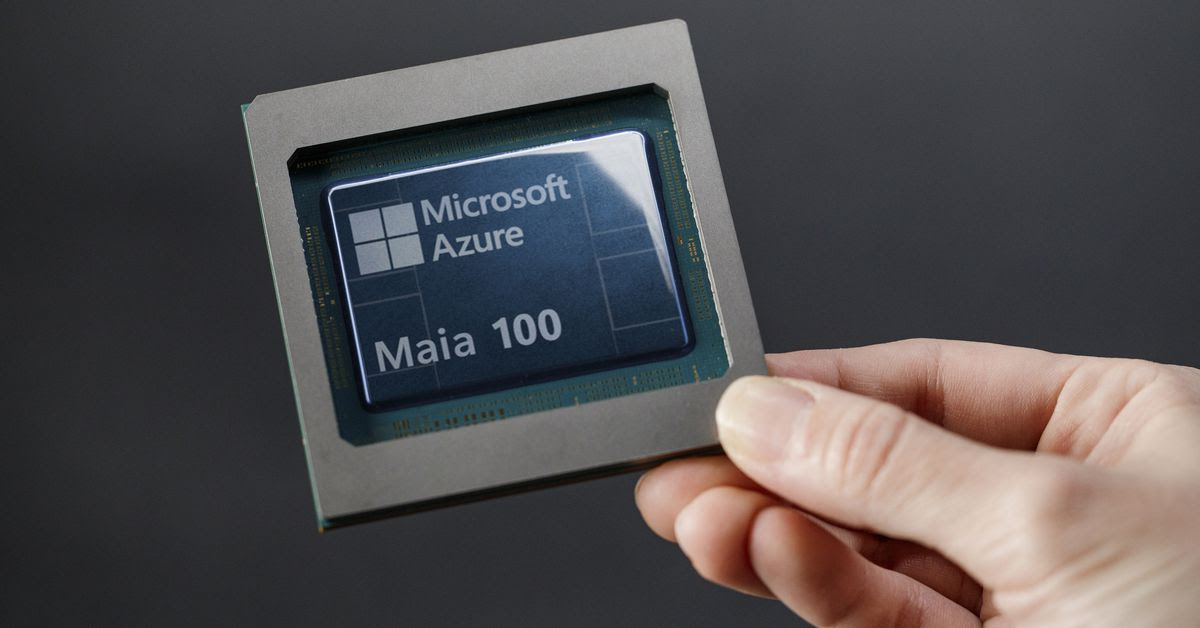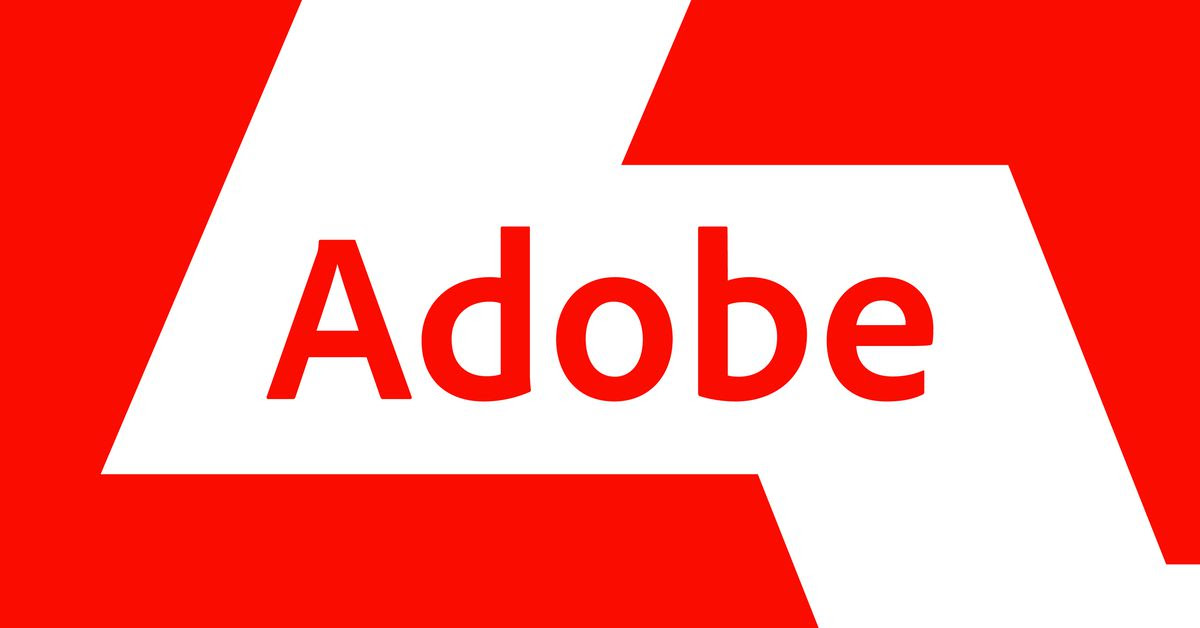Version 20.0

Written & Compiled by Macklin Andrick, GPJ Sr. Creative Technologist
GPJ’s Experience Technology practice is your trusted guide through the latest technological shifts and how they might benefit your next experience. Another week, another opportunity to explore some of the weird and wild things going on in the tech world!
The AI weatherman is raining on the human forecaster’s parade according to a new Google study showing their AI model outperformed conventional methods for the first time. IBM’s new watsonx.governance tool will help businesses and governments play nice with generative AI models. And Microsoft’s getting chippy diving into custom AI chips while Adobe’s using AI to tidy up messy audio.

AI outperforms conventional weather forecasting for the first time
A recent study by Google DeepMind has demonstrated the significant potential of AI in weather forecasting. Their AI model, GraphCast, outperformed the current conventional system in predicting global weather conditions up to 10 days in advance. GraphCast was found to be more accurate in 90 percent of 1,380 metrics, including temperature, pressure, wind speed and direction, and humidity at various atmospheric levels. It also showed remarkable efficiency, processing forecasts in a minute compared to conventional methods that take hours. Despite limitations in certain scenarios and transparency issues, GraphCast represents a significant step forward in weather forecasting accuracy and efficiency.
IBM watsonx.governance builds trust in Generative AI
IBM announced that watsonx.governance will be generally available in early December to help businesses shine a light on AI models and eliminate the mystery around the data going in, and the answers coming out. While generative AI, powered by Large Language Models (LLM) or Foundation Models, offers many use cases for businesses, it also poses new risks and complexities, including training data scraped from corners of the internet that cannot be validated as fair and accurate, all the way to a lack of explainable outputs. Watsonx.governance provides organizations with the toolkit they need to manage risk, embrace transparency, and anticipate compliance with future AI-focused regulation. As businesses today are looking to innovate with AI, deploying a mix of LLMs from tech providers and open sources communities, watsonx enables them to manage, monitor and govern models from wherever they choose.


Microsoft is finally making custom chips — and they’re all about AI
The rumors are true: Microsoft has built its own custom AI chip that can be used to train large language models and potentially avoid a costly reliance on Nvidia. Microsoft has also built its own Arm-based CPU for cloud workloads. Both custom silicon chips are designed to power its Azure data centers and ready the company and its enterprise customers for a future full of AI. Microsoft’s Azure Maia AI chip and Arm-powered Azure Cobalt CPU are arriving in 2024, on the back of a surge in demand this year for Nvidia’s H100 GPUs that are widely used to train and operate generative image tools and large language models. There’s such high demand for these GPUs that some have even fetched more than $40,000 on eBay.
Adobe is using AI to break apart messy audio
Adobe is working on a new audio tool designed to break apart different layers of sound within a single recording. The tool is called Project Sound Lift, and it can use AI to separate elements like applause from the sound of someone’s voice. As shown in a demo sent to The Verge, all you have to do is import an audio file into the application, then choose which sound you want the tool to filter out. There are quite a few options to choose from, including applause, laughter, alarms, speech, crowds, traffic, typing, and more. Project Sound Lift will automatically detect each sound and spit out separate files containing the background noise and the track you want to prioritize, like someone’s voice or the sound of an instrument.


Meta lets Amazon shoppers buy products on Facebook and Instagram without leaving the apps
Meta has partnered with Amazon to allow users to purchase products directly within Facebook and Instagram without leaving the apps, which Meta hopes will increase ad revenue after struggling financially due to Apple’s privacy changes last year; the new feature lets users link their Meta and Amazon accounts so they can seamlessly check out on Amazon after clicking on an ad, providing Meta access to Amazon’s massive ecommerce business and allowing Amazon to extend its advertising reach beyond just search-based ads.
Unity’s Unite 2023 event recap
At the 2023 Unite conference, Unity announced upcoming features in Unity 6 including major performance enhancements, accelerated multiplayer support, early WebGPU access, and expanded XR capabilities; they also highlighted the latest features in Unity 2022 LTS like full DOTS and Universal Render Pipeline support; Unity is evolving its AI-powered tools like Muse for quick ideation and Sentis for embedding models locally; and they are expanding platform support through partnerships with Meta for Instant Games and visionOS beta for Apple.

More Cool Stuff We Found
- Nvidia introduces the H200, an AI-crunching monster GPU that may speed up ChatGPT
- The right-to-repair movement is just getting started
- OpenAI reveals new details about its AI development roadmap and fundraising plans
- Scientists build yeast with artificial DNA in a major synthetic biology advance
- Microsoft officially launches Loop, its Notion competitor
- Streamdeck+
- Joby, Volocopter fly electric air taxis over New York City
- Power Players: Fan Experience Technology – Mobile Experience
Missed a Creative Tech Byte? Find all previous versions here